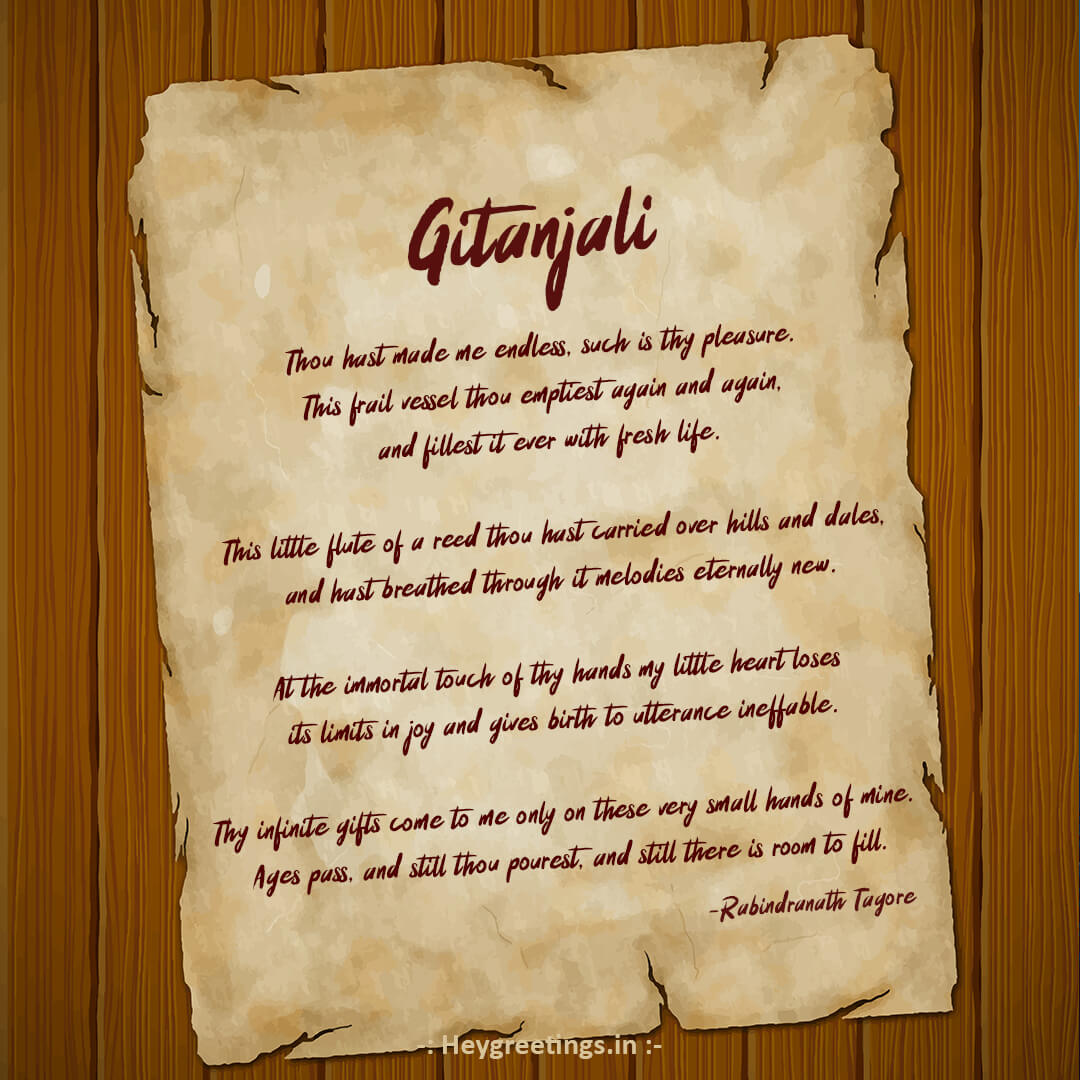Mahatma Gandhi is a name that does not need explaining. He is a man well-known for his values of peace and non-violence and the part he played in helping India gain independence. It is for his devotion and love for his county that he is commonly referred to as the father of the nation. His belief in non-violence and truth inspired the likes of Martin Luther King Jr. and Nelson Mandela and his legacy continues to inspire people all around the globe.
Who is Gandhi?
Born on 2nd October 1869, Mohandas Karamchand Gandhi or ‘Bapu’ as he was fondly known, led the independence movement against the British. Mahatma Gandhi, at 18-years of age, began studying Law in England in 1888. He returned to India in 1891 and after finding out about the death of his mother, Gandhi struggled with his job as a lawyer. With finding a job proving to be difficult for the young graduate, Mahatma Gandhi then sailed to Durban, South Africa, in 1893. He had obtained a job for performing legal services. On arriving in South Africa, the loud discrimination and cruelty on Indians by the British left Gandhi shocked. One of his first experiences of this discrimination was when he was asked to remove his turban in Court- a request he refused to fulfil. He was later termed ‘an unwelcome visitor’ in a local paper.
Gandhi remained in South Africa for many more years. In 1914, after many protests, Gandhi, along with his many volunteers, got the South African government to abolish taxes for Indians, as well as recognise Hindu marriages.
Gandhi’s return to India and his fight for unity
After his return to India in 1915, Gandhi started an ashram in Ahmedabad, where he began wearing his iconic white loincloth. The ashram welcomed people from all castes and followed the principle of peace and non-violence.
In 1919, while India was still under British rule, Gandhi called for peaceful protests. Gandhi led many protests such as the Salt March and the Quit India movement. Through these protests, Gandhi’s ideals of civil disobedience and peaceful strikes gained popularity all over the world. Gandhi had, on many occasions, fasted in protest for India’s freedom from the British as well as communal harmony between Hindus and Muslims. In 1945, negotiations began for India’s independence with Gandhi leading it. In 1947, India gained freedom from its British oppressors.
In 1948, on January 30th, Gandhi was assassinated by Nathuram Godse. Gandhi’s acceptance of Muslims is believed to be the reason Godse shot him.
Here are some quotes by the father of the nation to make you realize the value of peace and harmony
Conclusion
Gandhi dreamed and fought for a unified India and because of his values of peace and non-violence, and this fight continues even today. His principle of living a simple life continues to inspire all around the globe. Gandhi’s philosophy of Satyagraha continues to be a reason for hope and has inspired many more peaceful protests. His legacy is remembered every year on his birthday when the entire country remembers the sacrifices he made, the values he believed in, and how he contributed to the nation’s freedom.
Fight evil with the light of truth. Truth triumphs all no matter how bad the situation is.
If Mahatma Gandhi could bring the whole country together with his path of truth and call of his heart, so can you. So, please share this article with your near and dear ones to teach them the lesson of truth and following the heart!
- Home
- Uncategorized Mahatma Gandhi Quotes
[wp_show_posts name="Simple Sidebar"]
Categories
[wp_show_posts name="Simple Sidebar"]
Recent Posts
Social Counters
/ Free WordPress Plugins and WordPress Themes by Silicon Themes. Join us right now!
Popular Post

Birthday Wishes For Boss (7648)
- heygreetings
- July 30, 2020
Husband wife quotes (7453)
- heygreetings
- April 15, 2020

Rabindranath Tagore Poems (7137)
- heygreetings
- April 15, 2020

Birthday Wishes For Son (6274)
- heygreetings
- April 15, 2020

Birthday Wishes For Teacher (6250)
- heygreetings
- April 15, 2020